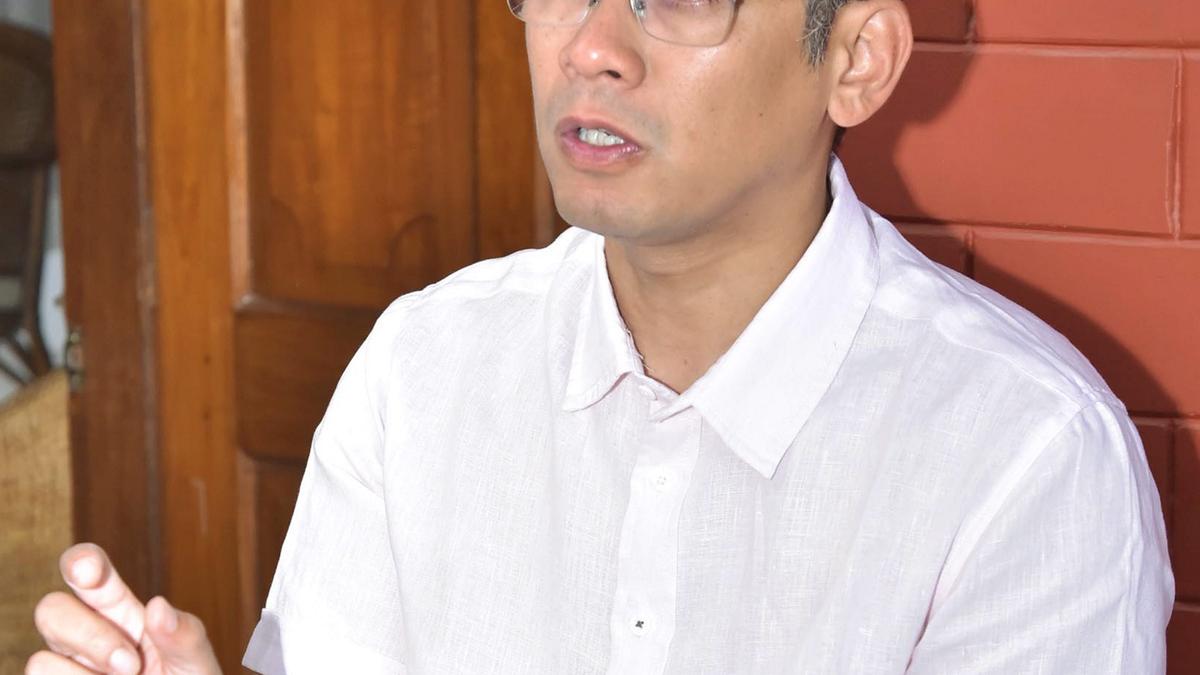
Act against Ministers who make ‘threatening remarks’ against Opposition MPs, says Gogoi in letter to Speaker
The Hindu
Congress leader Gaurav Gogoi calls out deteriorating parliamentary conduct, urges Speaker Om Birla to take action.
Congress leader Gaurav Gogoi, who is also the deputy leader of the party in the Lok Sabha, on Saturday wrote to Speaker Om Birla on the “deteriorating standards of parliamentary conduct” of Ministers and members of the ruling coalition in the Lower House.
“I am writing to you to express my deep concern about the deteriorating standards of parliamentary conduct in the Lok Sabha as evidenced by several instances from the ongoing Monsoon Session. Often, it is the Ministers of the government themselves who make unparliamentary, objectionable and threatening remarks against the members of the Opposition parties,” he said. He sought action against such Ministers and MPs.
Mr. Gogoi cited three examples in his letter.
“July 26: Union Minister Shri Rajiv Ranjan Singh (alias Lallan Singh) used threatening language against the former Chief Minister of Haryana, Shri Bhupinder Singh Hooda, who is not a Member of the House. July 25: Minister of State Shri Ravneet Singh Bittu used unparliamentary language while referring to Congress Parliamentary Party Chairperson and Rajya Sabha Member of Parliament Smt. Sonia Gandhi,” he said.
His third example was the speech of BJP MP Nishikant Dubey on July 25 for using…. “outright communal language during his interventions in the House”.
“It is disappointing to note that the Minister of Parliamentary Affairs has not been able to restrain his colleagues when these incidents took place, despite being present in the House. Ensuring the smooth functioning of the House is a collective responsibility, but it is important that the government takes a proactive and collaborative approach,” Mr. Gogoi said.
Alleging that the Modi government had consistently “overlooked procedures, conventions and decorum,” Mr. Gogoi said: “Each member of the House holds equal responsibility of representing the voice of their constituents. Difference of opinion should not result in disrespect”.











